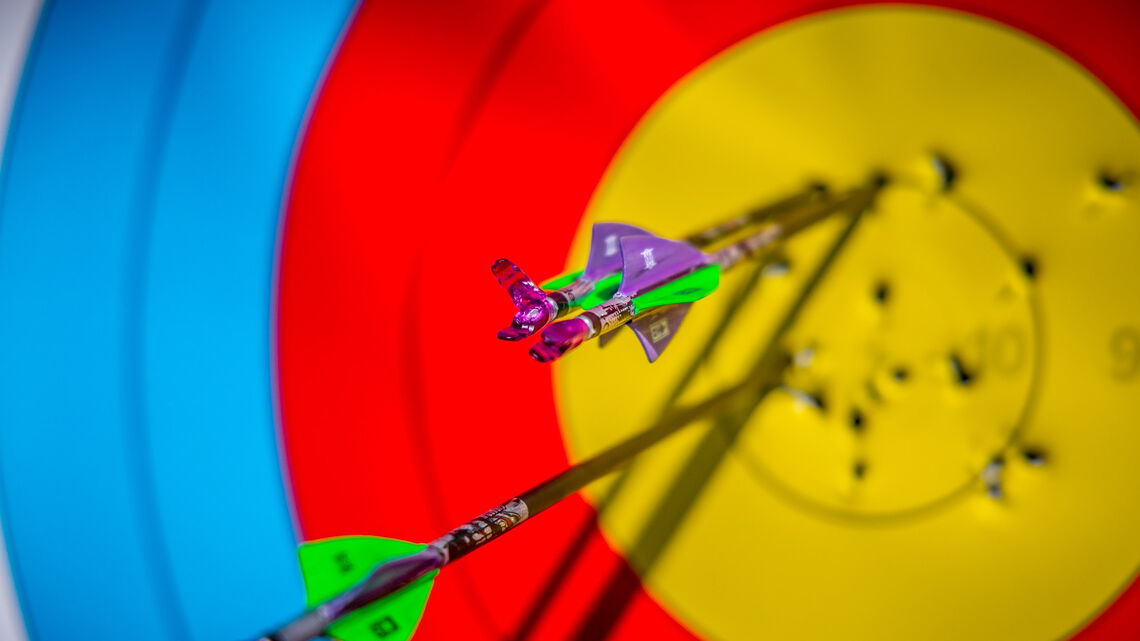
Le sport en toute sécurité
Politiques, procédures et surveillance en cas d’abus sur les athlètes.
Toute personne pratiquant un sport a le droit de le faire dans un environnement sûr, inclusif et respectueux. Le bien-être de toutes les personnes impliquées dans le sport du tir à l'arc est d'une importance capitale, en particulier celui des adultes et des enfants vulnérables.
Tout comportement constituant un harcèlement ou un abus ne doit pas être toléré.
World Archery s'engage à favoriser un environnement sportif sûr à tous les niveaux – de la pratique récréative à la compétition élite – et encourage le partage des responsabilités, à la fois en créant des espaces accueillants et sûrs et en signalant les préoccupations en matière de protection.
Tout rapport est traité de manière confidentielle par le responsable de la protection de World Archery, conformément à la politique et procédures de protection de la fédération.
Harassment and abuse in sport
Non-accidental violence, harassment and abuse represent a significant risk to health, participation and performance. Any participant – whether athlete, entourage, technical official, volunteer or other – in a sporting event has the right to be protected from any kind of violence, regardless of social, cultural, religious, sexual, political or physical differences.
All forms of harassment and abuse violate human rights and are criminal offences. A sport event organiser has a legal and moral duty to ensure that the risks of non-accidental violence are identified and reduced.
Homophobia, hazing, bystanding, sexual abuse and harassment, gender and transgender harassment are part of non-accidental violence.